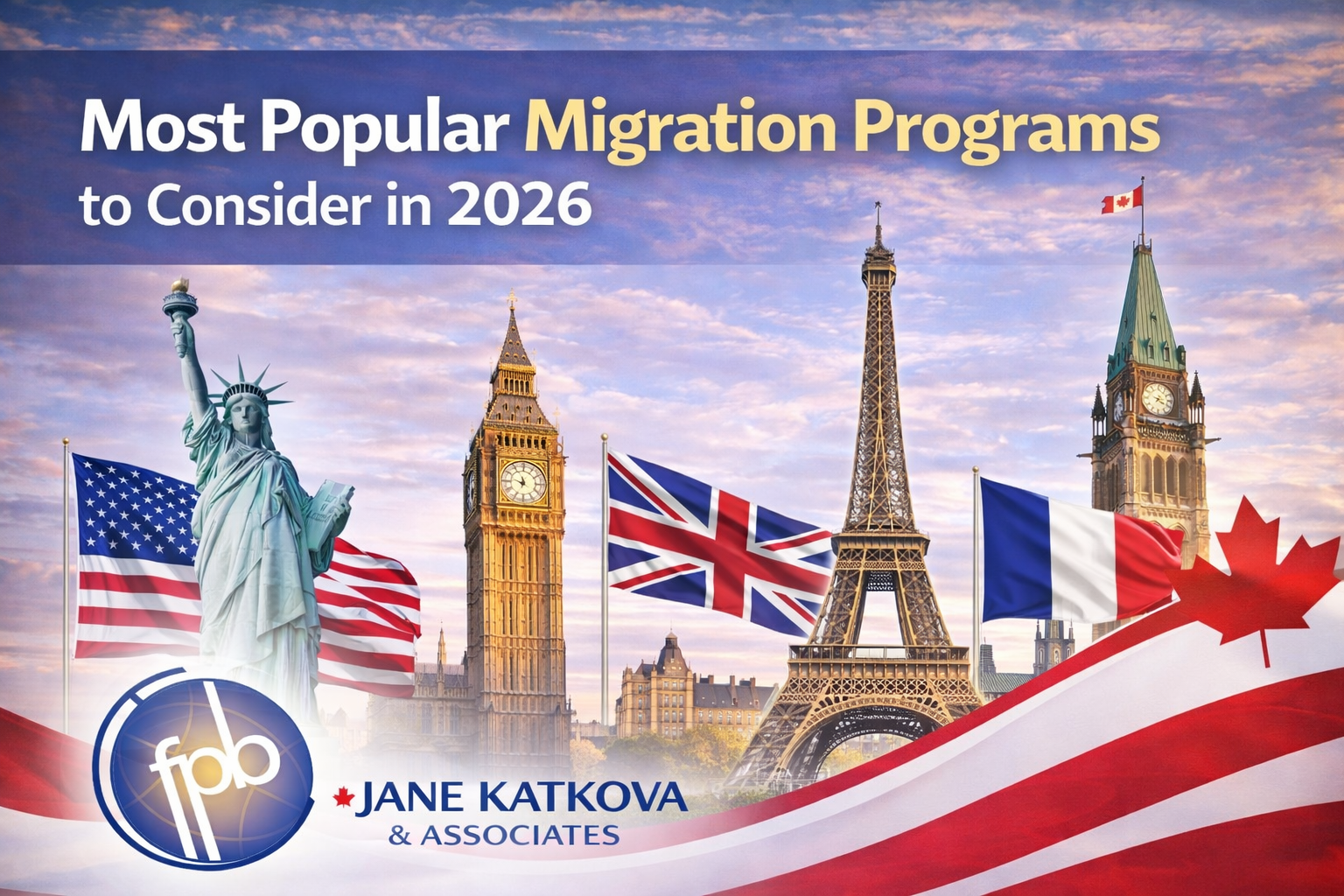Unraveling the Truth: Exploring the Reality of Tax Havens

Prepare to delve into a topic often clouded with misconceptions and half-truths: tax havens. We understand that the mere mention of these havens can stir skepticism and doubt. However, it’s time to cut through the noise and uncover the facts. Let’s separate reality from fiction as we embark on a journey to demystify the world of tax havens.
What Are Tax Havens
Let’s unravel the essence of tax havens—a term referring to nations that provide foreign businesses and individuals with the advantage of minimal or zero tax liability within a stable political and economic environment. While these havens offer legitimate tax benefits for corporations and wealthy individuals, they also harbor the potential for illicit tax avoidance schemes.
Why People Seek Tax Havens
In legal terms, companies and affluent individuals may strategically employ tax havens to safeguard earnings generated abroad while evading higher taxes in their home countries, including the United States and other nations.
However, it is crucial to acknowledge that tax havens can be misused for illicit purposes, allowing the concealment of wealth from domestic tax authorities. By adopting uncooperative tactics towards foreign tax authorities, these havens facilitate the obscuring of funds. In recent times, international pressure has mounted on tax havens to collaborate with investigations targeting tax fraud cases.

Facts About Tax Havens
Fact #1: Tax havens are not exclusive to the ultra-rich. No longer limited to a privileged few, offshore tax strategies are accessible to anyone armed with determination, a thirst for wealth, and a drive for financial freedom. With the right guidance and knowledge, anyone can leverage tax havens to their advantage.
Fact #2: Tax havens are not synonymous with illegal activities. Contrary to popular portrayals in spy shows and movies, tax havens are legitimate jurisdictions. They provide individuals and businesses with legal opportunities to optimize their tax obligations and safeguard their hard-earned wealth. Compliance with the law and strategic planning are at the core of utilizing tax havens effectively.
Fact #3: Tax havens offer benefits beyond tax reduction. Consider tax havens as treasure chests brimming with perks. In addition to tax optimization, these jurisdictions offer advantages such as enhanced privacy, asset protection, financial flexibility, and international business opportunities. Exploring these benefits can revolutionize your investment approach.
Tax Haven Benefits
While tax reduction is a significant advantage of tax havens, the benefits extend far beyond mere tax savings. These jurisdictions provide an array of advantages, including privacy, asset protection, financial flexibility, and access to international business opportunities. Exploring these benefits can transform one’s investment strategy and unlock new possibilities.
Related Content
Last Updated on 26 December 2024
Other Useful Posts:
- Why Now Is The Best Time For Citizenship By Investment?
- EU Citizenship by Investment for South African Citizens [2025]
- What Are The Financial Benefits of Holding an EU Passport?
- Industry News: “Antigua Citizenship by Investment May Be An Investor’s Ticket To Paradise”
- Citizenship by Descent – Meaning, Benefits & Application [Guide]
- Which Are The Best CBI Programs to Consider in 2025?







